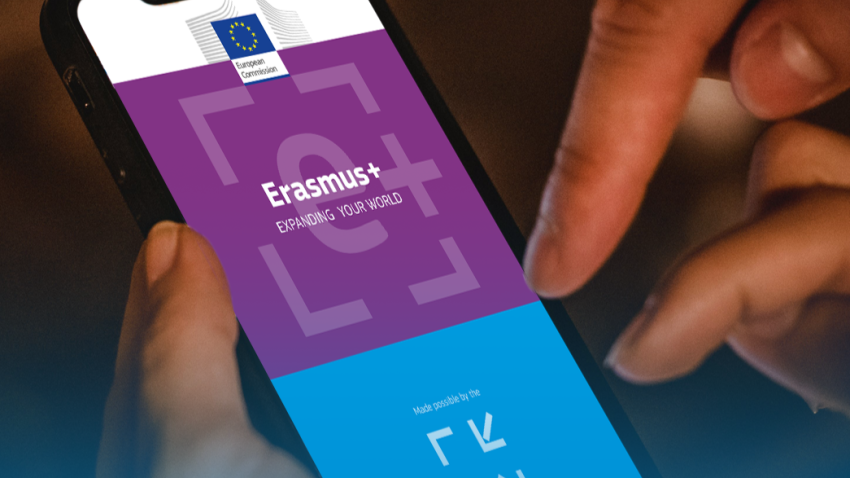
So now we know what Erasmus Plus is, its history and how it’s managed, but why is there an Erasmus Plus programme? What are its objectives and priorities?
GENERAL OBJECTIVE
The general objective of the Programme is to support, through lifelong learning, the educational, professional and personal development of people in education, training, youth and sport, in Europe and beyond, thereby contributing to sustainable growth, quality jobs and social cohesion, to driving innovation, and to strengthening European identity and active citizenship. As such, the Programme shall be a key instrument for building a European Education Area, supporting the implementation of the European strategic cooperation in the field of education and training, with its underlying sectoral agendas. In addition, it is key in advancing youth policy cooperation under the European Union Youth Strategy 2019-2027 and developing the European dimension in sport.
SPECIFIC OBJECTIVES
The Programme has the following specific objectives:
- promote learning mobility of individuals and groups, as well as cooperation, quality, inclusion and equity, excellence, creativity and innovation at the level of organisations and policies in the field of education and training;
- promote non-formal and informal learning mobility and active participation among young people, as well as cooperation, quality, inclusion, creativity and innovation at the level of organisations and policies in the field of youth;
- promote learning mobility of sport staff, as well as cooperation, quality, inclusion, creativity and innovation at the level of sport organisations and sport policies.
PRIORITIES OF THE ERASMUS+ PROGRAMME
- Inclusion and Diversity
-
The Programme seeks to promote equal opportunities and access, inclusion, diversity and fairness across all its actions. Organisations and the participants with fewer opportunities themselves are at the heart of these objectives and with these in mind, the programme puts mechanisms and resources at their disposal. When designing their projects and activities, organisations should have an inclusive approach, making them accessible to a diverse range of participants.
-
- Digital transformation
-
The COVID-19 pandemic shed further light on the importance of digital education for the digital transformation that Europe needs. In particular, it emphasised the increased need to harness the potential of digital technologies for teaching and learning and to develop digital skills for all. In line with the strategic priorities of the Digital Education Action Plan, the Programme aims to support this endeavour to engage learners, educators, youth workers, young people and organisations in the path to digital transformation.
-
- Environment and fight against climate change
-
Environment and climate action are key priorities for the EU now and in the future. The European Green Deal Communication is the European new growth strategy and recognises the key role of schools, training institutions and universities to engage with pupils, parents, and the wider community on the changes needed for a successful transition to become climate neutral by 2050.
-
- Participation in democratic life, common values and civic engagement
-
The Erasmus+ Programme addresses the citizens’ limited participation in its democratic processes and their lack of knowledge about the European Union, and tries to help them overcome the difficulties in actively engaging and participating in their communities or in the Union’s political and social life. Strengthening citizens’ understanding of the European Union from an early age is crucial for the Union’s future. In addition to formal education, non-formal learning can enhance the citizens’ understanding of the European Union and foster a sense of belonging to it.
-
Now we have looked at the objectives and priorities, we can look forward to what types of activities are available to you within the Erasmus Plus programme and how you can get involved.